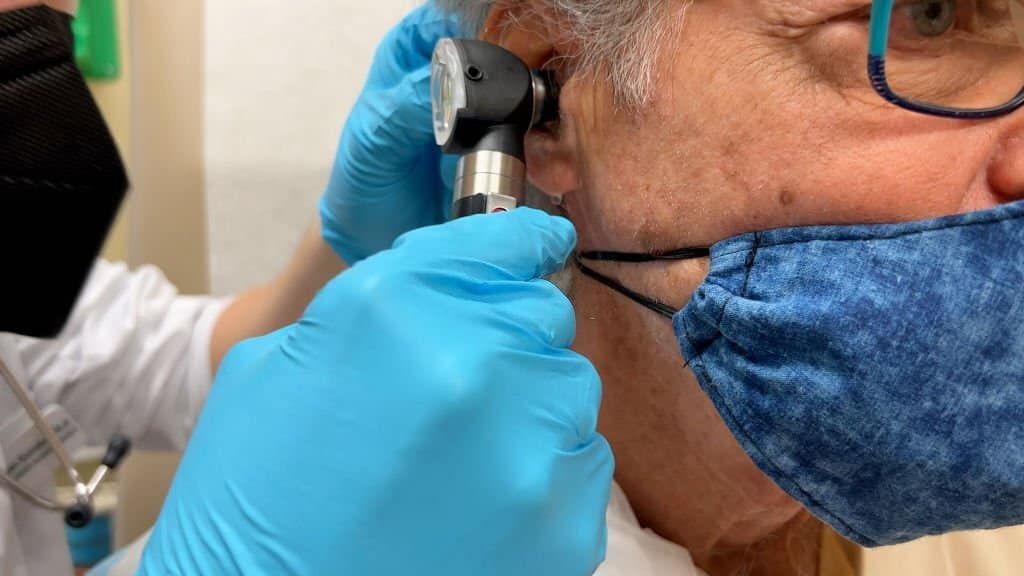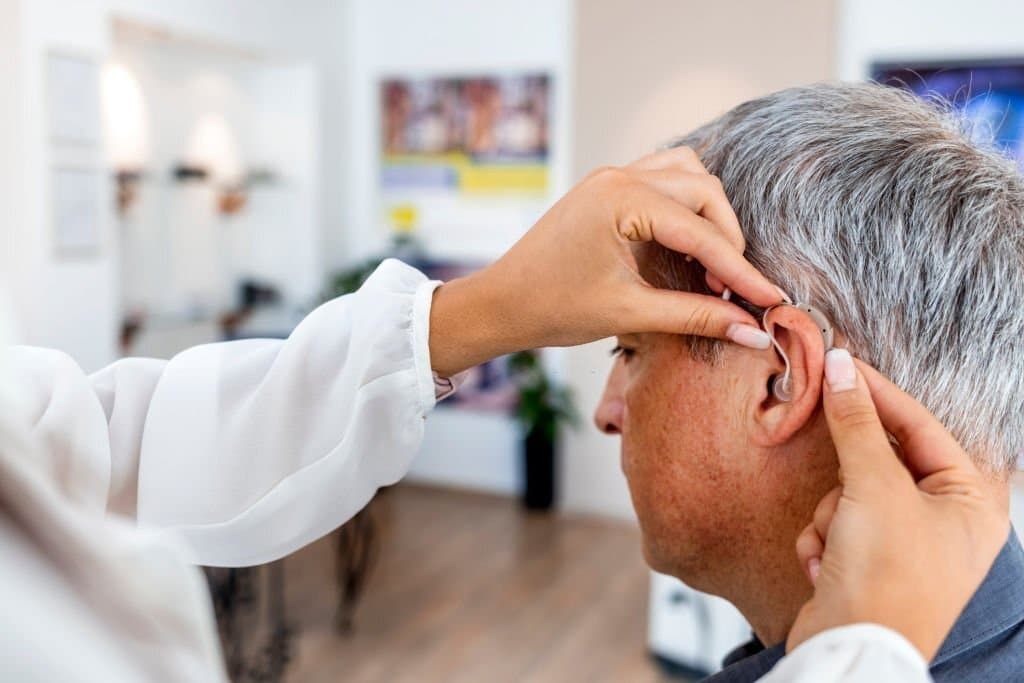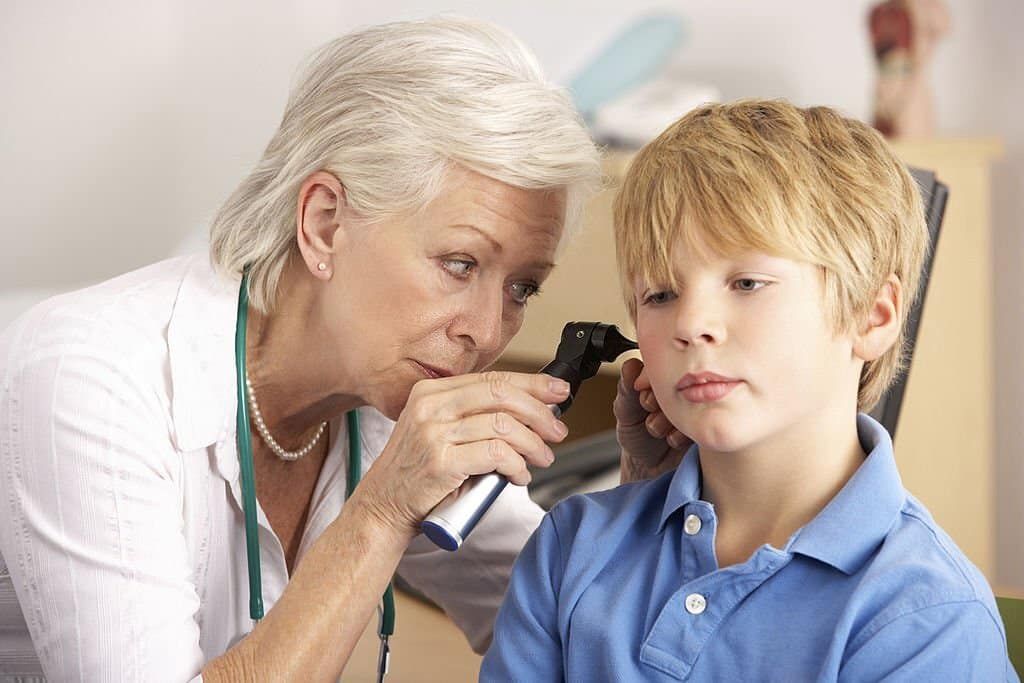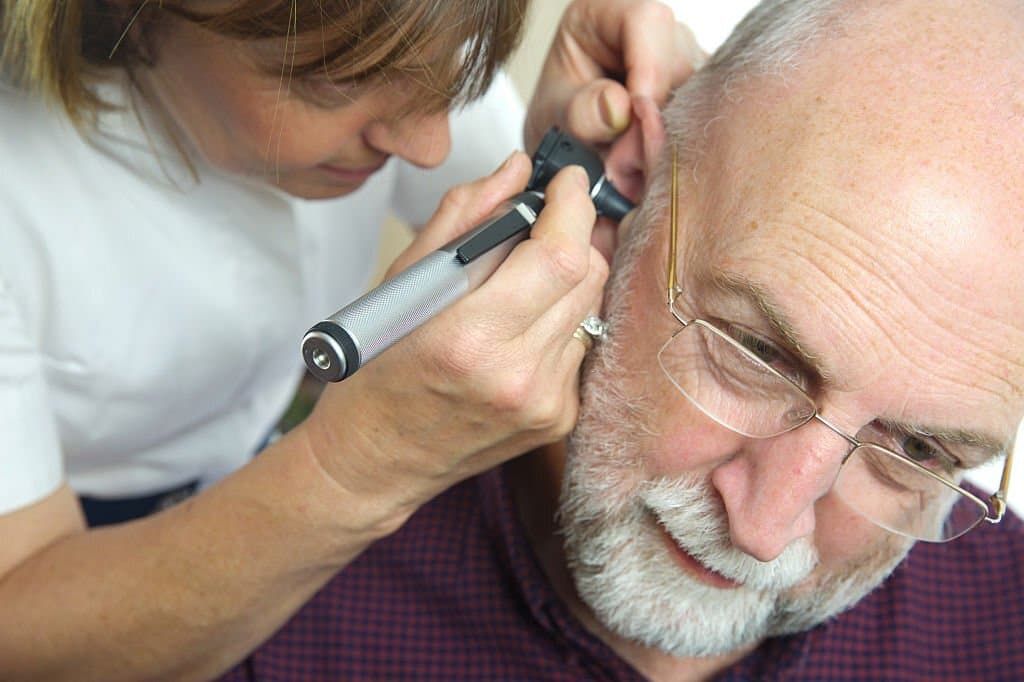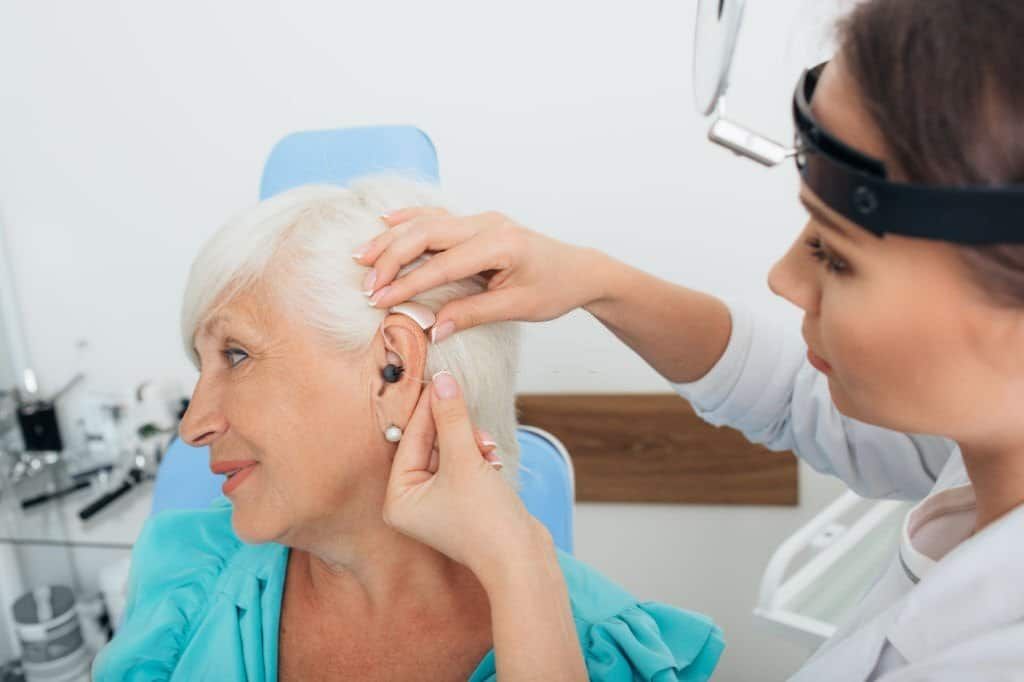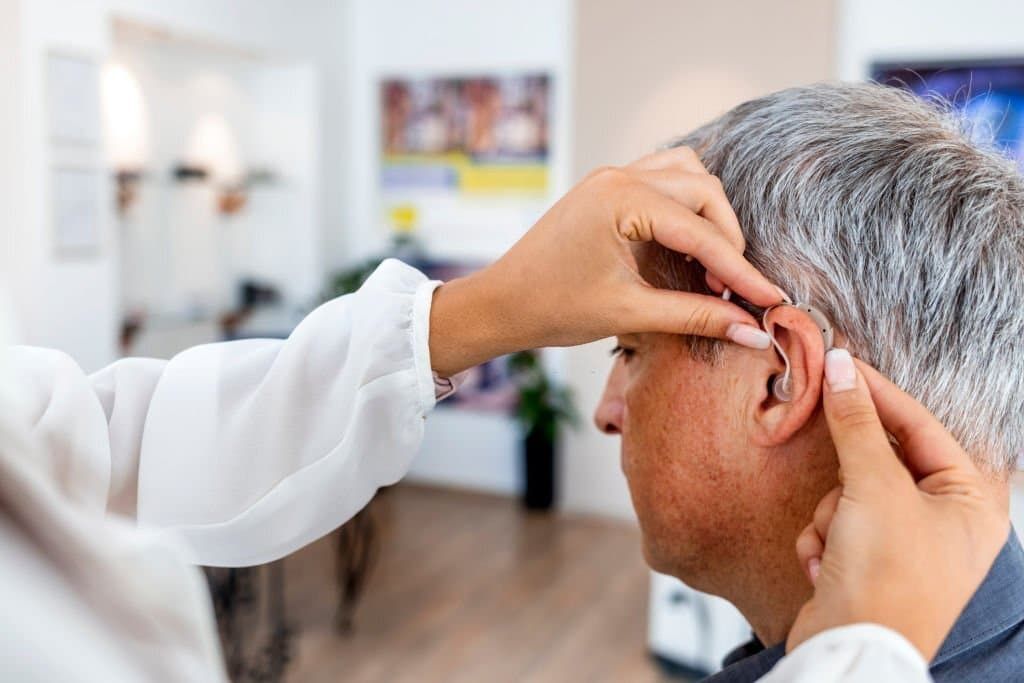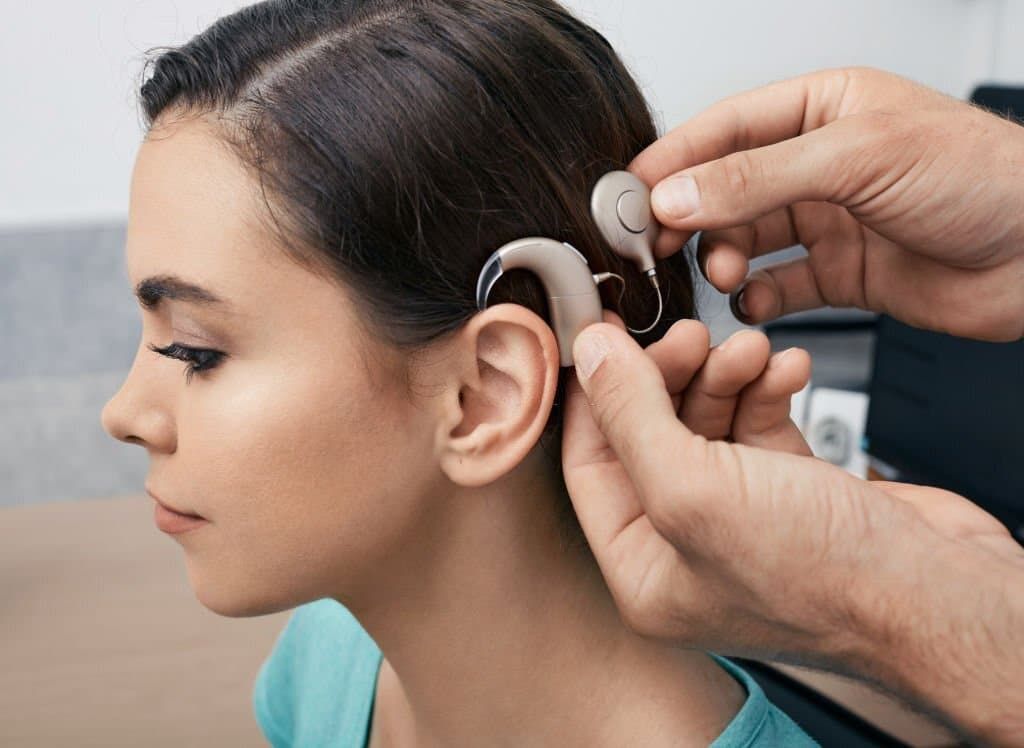Common audiology consult questions often are “what is the best way to remove ear wax?” and “how often do I need ear wax removed?” Ear wax is a natural and healthy part of the ears cleaning system. It helps to protect our ears from unwanted insects entering and keep the skin tissue in the ear canals healthy. Not all ear wax needs to be removed. A small amount of ear wax is non problematic and does not require removal.
Ear wax can build up more than it should and become stuck or impacted in the ear canal for some people. This is when ear wax can lead to bothersome symptoms such as: Reduced...
Hearing Aid Prices: How They Differ From National Chains & Why It Is Important To Book With An Independent Audiologist.
As you all know, hearing is a very important sense that allows us to communicate with our loved ones and perform everyday tasks. Untreated hearing loss can have varied negative effects on our social, emotional, and physical wellbeing.
Hearing loss can often be linked to social isolation, depression, cognitive decline, frustration, and reduced confidence. If you or a loved one are experiencing communication difficulties or have noticed your hearing isn’t as good as it once was, the first step is booking in a hearing assessment at Helix Hearing and Helix Hearing. There are many hearing health...
Hearing Aids: What To Consider When Selecting A Device For Your Needs
Lifestyle:The most important factor to consider when selecting hearing aids is “where do I spend most of my time? and what do I what to achieve with the hearing aids? Different levels of hearing aid technology are suited to different listening situations. Those who spend most of their time at home, in quiet situations with small groups or 1:1 conversation will most likely manage with lower levels of hearing aid technology. Those who spend their time in large groups, in busy social settings, meetings, active workplace etc will benefit from higher levels of hearing aid technology with more features...
Ear wax removal – the best way
As you know there are a few ways of ear wax removal. I’m sure you have all heard of ear candling before. You may have seen ear candles at your local pharmacy. They are often located near other wax softening drops, ointments, and ear plugs. But do you ever wonder if ear candling is actually an effective way of removing wax?
What is ear candling exactly?
An ear candle is a long hollow candle that is placed into the ear canal. It is usually made up of substances such as soy wax and beeswax. The candle tube can be around 15-20cm long. Once the ear candle has been placed into the ear canal,...
What You Need To Know About Hearing Tests
Hearing tests are performed by an audiologist to determine the functioning of the auditory (hearing) system. There are a number of assessments.
Otoscopy: Involves the audiologist looking into the ears with a handheld device. Our otoscopes have a small camera on the tip so you’re able to look inside your own ears on the computer screen! Otoscopy is very important as this is the first step in identifying if there are any abnormalities of the structures in the ear canal or tympanic membrane. Should wax obscure the view of the tympanic membrane, our audiologists are trained in safely and effectively...
How to Remove Ear Wax Safely?
Ear wax build up is a common concern that leaves many people asking “what is the best ear wax removal method?”. Ear wax is natural, and it is not harmful to the ears unless there is significant ear wax build up obstructing the ear canal. A build-up of ear wax can cause ear pain, ringing in the ears (tinnitus), hearing loss and a blocked sensation in the ears. If the wax is not completely blocking the ear canal, hearing may not be affected, and it may be more difficult to tell if there is too much wax in the ears.
There are multiple methods of ear wax removal including ear wax removal drops,...
Types of hearing loss
1 in 6 Australians suffers from some level of hearing loss. Hearing loss affects both adults and children of all ages. Hearing loss can have significant impacts on social, emotional, and physical well-being and can lead to social isolation and difficulties at work and/or school.
There are many different causes of hearing loss and there are two main types of hearing loss.
Conductive hearing loss Is when the hearing loss is caused by a problem with the outer or middle part of the ear (the ear canal, eardrum, middle ear bones, middle ear fluid). Some causes of conductive hearing loss can...
How much do hearing aids cost in Australia?
In Australia, eligible pension card holders have access to the Hearing Services Program (HSP) funding. The program covers the cost of basic level hearing aids for eligible participants in the program. Those under the program also have the option to pay on top (“top-up”) of the HSP voucher to be fitted with higher technology level hearing aids.
Other funding options for hearing aids include Workcover- for hearing loss proven to be caused by injury from loud noise exposure at work. The National Disability Insurance Scheme (NDIS) may also provide funding for hearing aids if the person’s hearing...
What are hearing aids?
Hearing aids are electronic device that is worn on/in the ear to help hearing-impaired individuals listen and communicate in everyday conversations. There are many hearing aid manufacturers out there, some of which include: Phonak, Unitron, Starkey, GN Resound, Widex, Signia, Oticon, Sonic and Bernafon. All hearing aids come in a variety of styles and technology levels. Choosing a hearing aid style is dependent on a number of factors including the degree and type of hearing loss, aesthetics, and patient preference. Choosing a technology level is dependent on a patient’s communication needs,...
- 1
- 2
